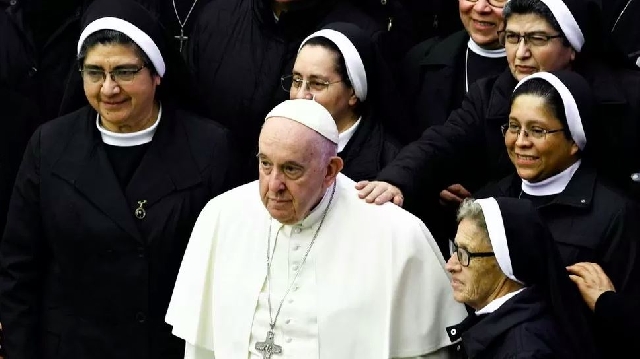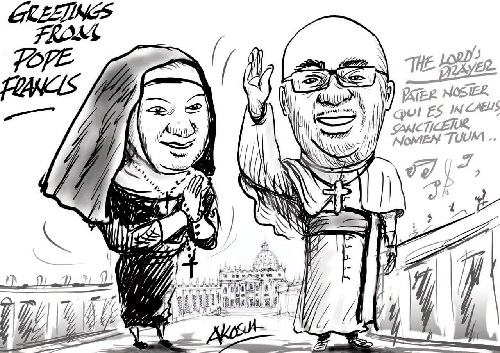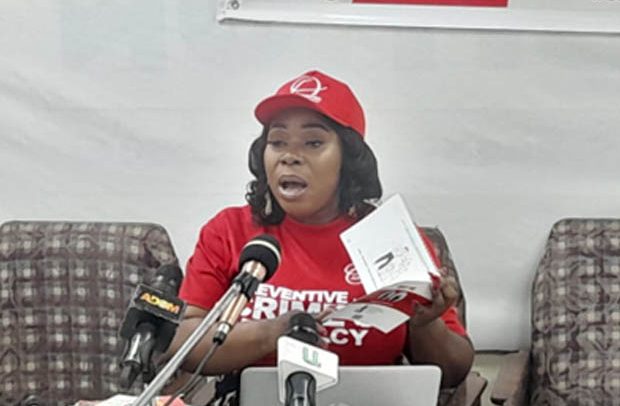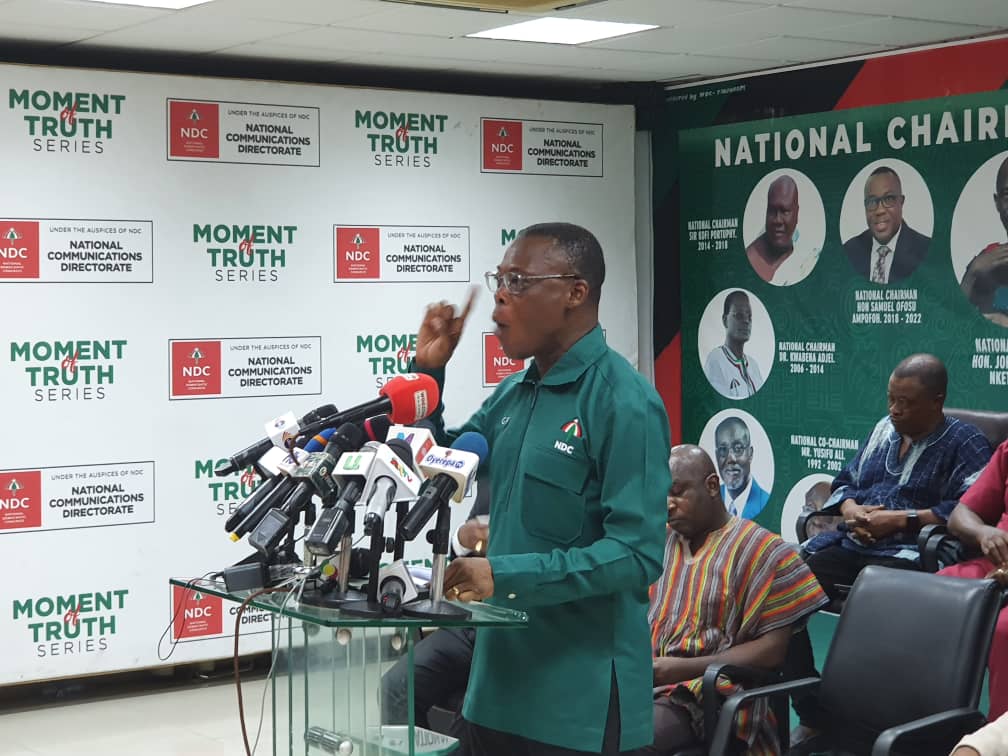
The Pope will for the first time allow women to vote at an influential global meeting of bishops in October - a move that has been welcomed as a historic first.
The new rules announced on Wednesday will give five religious sisters voting rights at the synod, which is a papal advisory body.
In the past, women were only allowed to attend the gathering as observers.
Men will still cast the majority of the votes at the influential gathering.
Nevertheless, the reforms are seen as a significant shift for the Roman Catholic Church, which has been male-dominated for centuries.
The US-based Women's Ordination Conference, which advocates for women priests, has called the reform a significant crack in the stained glass ceiling.
For years Vatican representatives and bishops resisted, moving the goalpost with every synod as to why women were not allowed to vote, the group wrote on Twitter. The unspoken reason was always sexism.
In the near future, we hope that the synod continues to develop into a fully representative body of the people of God.
In a further break with tradition, Pope Francis announced that voting rights would also be extended to 70 hand-picked non-clerical members of the religious community, moving the synod away from being a meeting solely of the Church hierarchy.
The Pope, who has championed reform, has said that he hopes half of these will be women and there has also been an emphasis on including young people.
It's an important change, it's not a revolution, said Cardinal Jean-Claude Hollerich, a top organiser of the synod.
Christopher Lamb, Vatican correspondent for the Catholic news publication The Tablet, told BBC World Service's Newshour programme that the changes were highly significant and an attempt by the Pope to make decisions about the Church's future more inclusive.
He added that the reforms concerning women reflected an unprecedented dialogue over the issue of female representation that had been happening for some time.
But Mr Lamb predicted the Pope would face significant resistance from some parts of the Church over this latest decision.
Source: BBC
Read Full Story





















Facebook
Twitter
Pinterest
Instagram
Google+
YouTube
LinkedIn
RSS